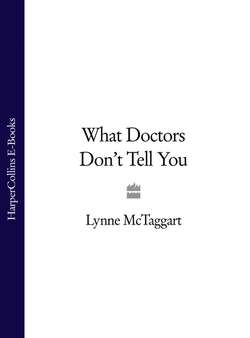Читать книгу What Doctors Don’t Tell You - Lynne McTaggart, Lynne McTaggart - Страница 37
4 Catching It Early SCREENING FOR CANCER
ОглавлениеDoctors tend to visualize many diseases as a little army that starts small, enlisting, at most, a soldier or two. If they can locate and flush out the enemy when it’s only two or three strong, they figure they can get in there early with their nuclear warfare and win the war, even before it gets going. The best way to root out these errant cells, they’ve convinced us, is with a screening test.
Because cancers can grow before you get ill or exhibit symptoms, they have been the main target of catch-it-early warfare. For all of us who dread the frightening randomness of ‘silent’ killers such as cancer, which are reaching epidemic proportions, this is a highly comforting notion. Doctors have managed to convince us that we can escape death just by having a simple annual screening test.
So persuasive is the catch-it-early argument that medicine has also managed to convince governments to spend millions of pounds putting into effect mass screening programmes. At the moment, women are the primary targets of these annual tests, mainly for cervical and breast cancer, although there has been talk of ovarian cancer screening, and prostate and bowel cancer screening programmes for men. Cervical screening and mammography have been in place for years in the US, and more recently Britain followed on with wholesale breast and cervical cancer campaigns, screening three-quarters of eligible groups.1
Despite all the money being poured into massive screening campaigns, no screening programmes anywhere are making the slightest impact on cancer mortality. In fact, because of their inordinately high potential for false-positive readings, screening may only be increasing the number of patients mutilated through unnecessary drug treatment or surgery.
Even The Lancet once admitted in a no-holds-barred editorial that despite ‘all the media hype, the triumphalism of the profession in published research, and the almost weekly miracle breakthroughs trumpeted by the cancer charities’ the number of women dying from breast cancer refuses to go down. ‘Let us stop complaining that screening ought to work if only we tried harder and ask why this approach is so disappointing.’2 One recent estimate is that mammography is 10 times more likely to pick up a benign cancer – leading to unnecessary treatment and surgery – as it is to prevent one single cancer death.3
